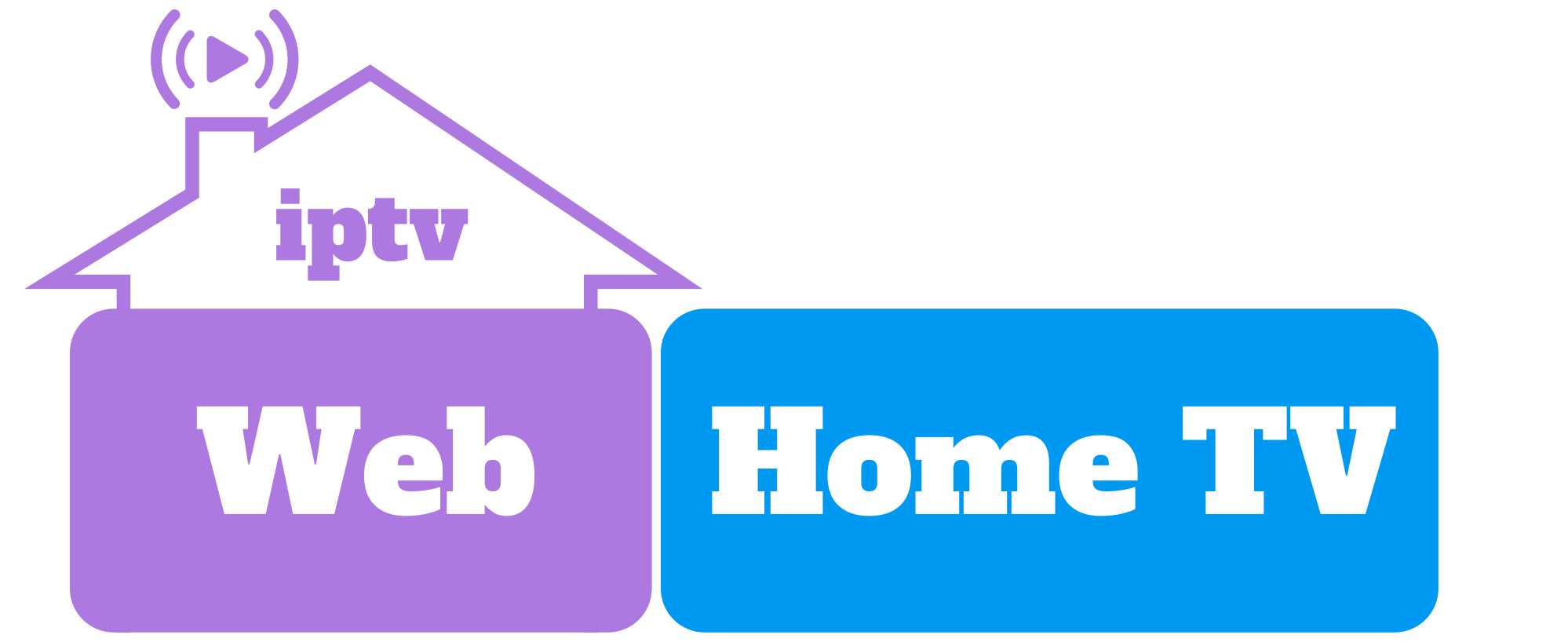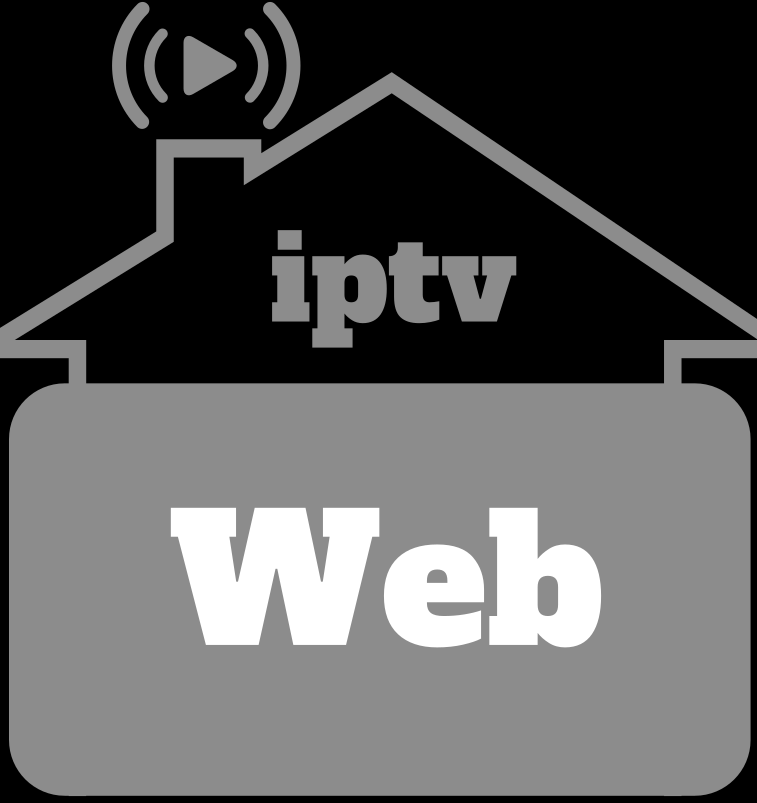What is IPTV and How Does It Work?
In the rapidly evolving world of digital entertainment, IPTV (Internet Protocol Television) has emerged as a game-changer, transforming the way we consume television content. Unlike traditional broadcast methods such as cable or satellite, IPTV delivers TV programs and videos through the internet. This innovative approach offers enhanced flexibility, interactivity, and convenience for viewers. Let’s dive deeper into what IPTV is, how it works, and why it has gained popularity.
What is IPTV?
IPTV stands for Internet Protocol Television. It is a technology that streams television content over IP networks rather than through traditional terrestrial, satellite, or cable formats. With IPTV, you can watch live broadcasts, on-demand videos, and even record shows to watch later, all via your internet connection.
How Does IPTV Work?
The functioning of IPTV involves several key components:
- Content Source: Content providers encode TV programs or video files into digital formats suitable for streaming over the internet. These could include live TV channels, pre-recorded shows, or movies.
- Middleware: Middleware serves as the bridge between the user interface and the IPTV service’s backend system. It manages user authentication, subscription details, and service delivery.
- Content Delivery Network (CDN): A CDN ensures that the content is delivered efficiently to viewers by caching data on servers closer to their location. This minimizes buffering and ensures a smooth viewing experience.
- Set-Top Box (STB) or App: To access IPTV services, viewers can use a set-top box connected to their TV, or they can install IPTV apps on smart TVs, smartphones, tablets, or computers.
- Internet Connection: A stable and high-speed internet connection is crucial for seamless IPTV streaming. Broadband connections are generally recommended.
Types of IPTV Services
IPTV services can be broadly categorized into three types:
- Live Television: This replicates traditional live TV broadcasting, allowing viewers to watch programs as they are being aired.
- Video on Demand (VoD): Viewers can select and watch specific content from a vast library at any time.
- Time-Shifted TV: This feature enables users to watch previously aired programs, pause live TV, or rewind shows.
Advantages of IPTV
- On-Demand Access: Watch what you want, when you want.
- Customization: Create personalized playlists and recommendations.
- Device Compatibility: Accessible on multiple devices, including TVs, smartphones, and laptops.
- Interactive Features: Options like live chat, multiple camera angles, and on-screen controls enhance the user experience.
- Cost-Effective: IPTV often offers competitive pricing compared to cable or satellite TV services.
Challenges of IPTV
- Internet Dependence: A fast and stable internet connection is essential.
- Latency Issues: Poor network infrastructure can lead to buffering or delays.
- Legal and Licensing Concerns: Some IPTV providers operate without proper licensing, posing risks for users.
Is IPTV Right for You?
IPTV is ideal for tech-savvy viewers looking for flexibility and control over their TV-watching experience. Whether you’re interested in live sports, binge-watching series, or exploring niche content, IPTV provides a tailored solution.
Before subscribing, ensure you’re choosing a reputable provider with proper licensing and robust customer support. As internet speeds continue to improve and more content becomes available, IPTV is poised to become the dominant mode of television delivery in the digital age.




